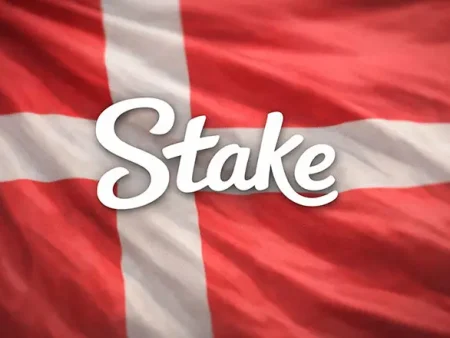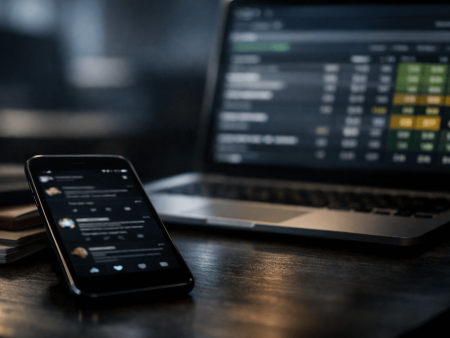Peru is pushing to clean up its digital betting space. As part of that effort, it has reportedly cut illegal online gambling by 40%. According to Mincetur — the Ministry of Foreign Trade and Tourism — the drop is largely thanks to a new law that took effect in February of last year.

Law No. 31557 officially defines the legislation. The law made Peru the third country in Latin America to establish clear rules for online sports betting and gaming. Since then, authorities have officially approved 60 digital platforms and 280 service providers, including major names like Stake, Betsson, and Rush Street Interactive. Additionally, they have brought in nine international labs to certify full regulatory compliance.
Mincetur says the new law has helped bring order to what was once a largely unregulated space. It has made the market more transparent, improved user protection, and opened the door to more sustainable economic growth.
At the same time, authorities, through the DGJCMT (Directorate General of Casino Games and Slot Machines), the country’s gaming watchdog, have been cracking down on illegal betting shops. They have also been targeting unauthorized online platforms with coordinated enforcement efforts.
Regulators have driven about 15% of illegal gambling websites out of the Peruvian market. This has significantly contributed to the overall 40% drop in illegal online gambling. To tighten control further, authorities have instructed banks and payment providers to stop processing transactions for unlicensed operators.
There’s also been a big jump in the number of legal betting shops opening up. Since December of last year, authorities have registered 683 new venues. This brings the nationwide total to 4,516.
Mincetur says it’s not only cracking down on illegal gambling but also prioritizing the promotion of responsible gaming. This includes running awareness campaigns about gambling addiction in schools and offering training programs for people working in the industry. The ministry is also working with gaming associations to help protect vulnerable groups.


